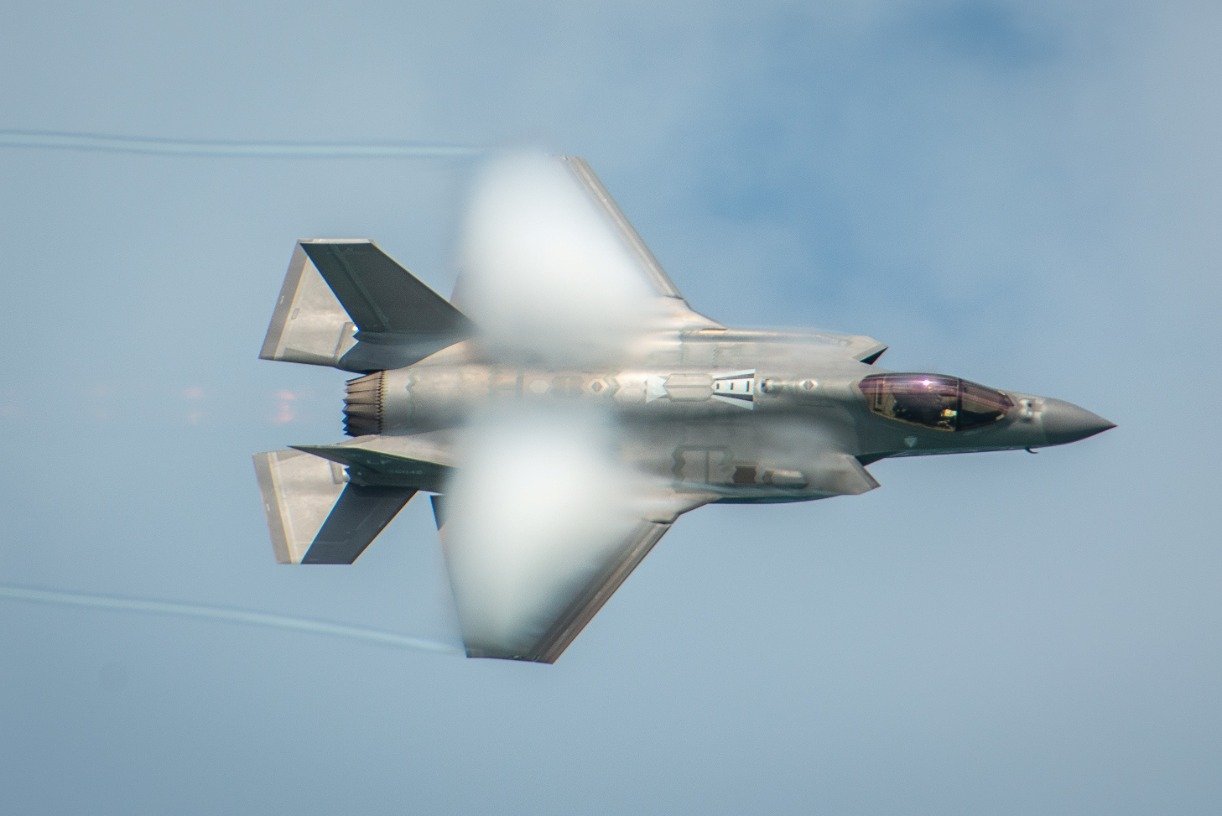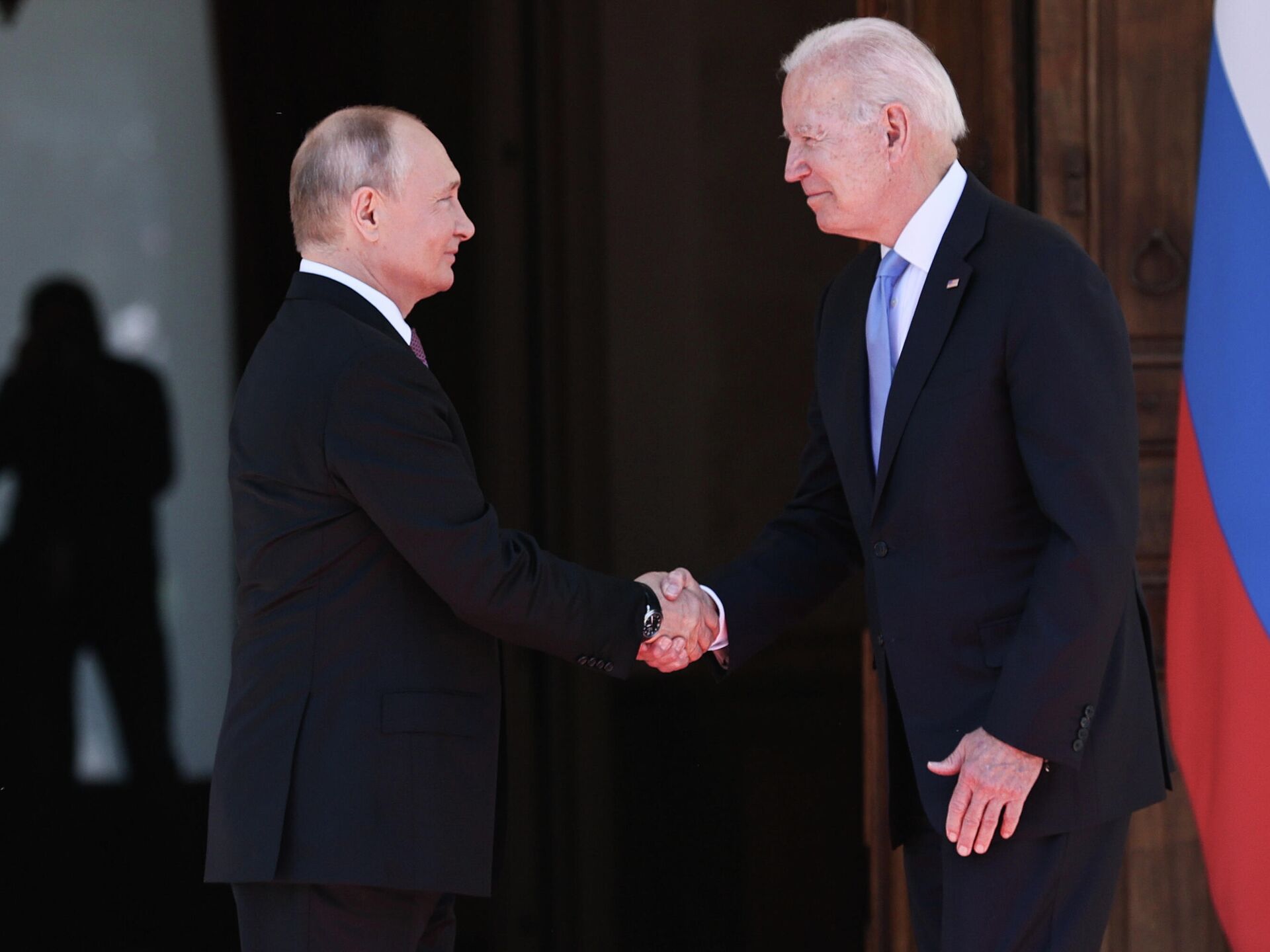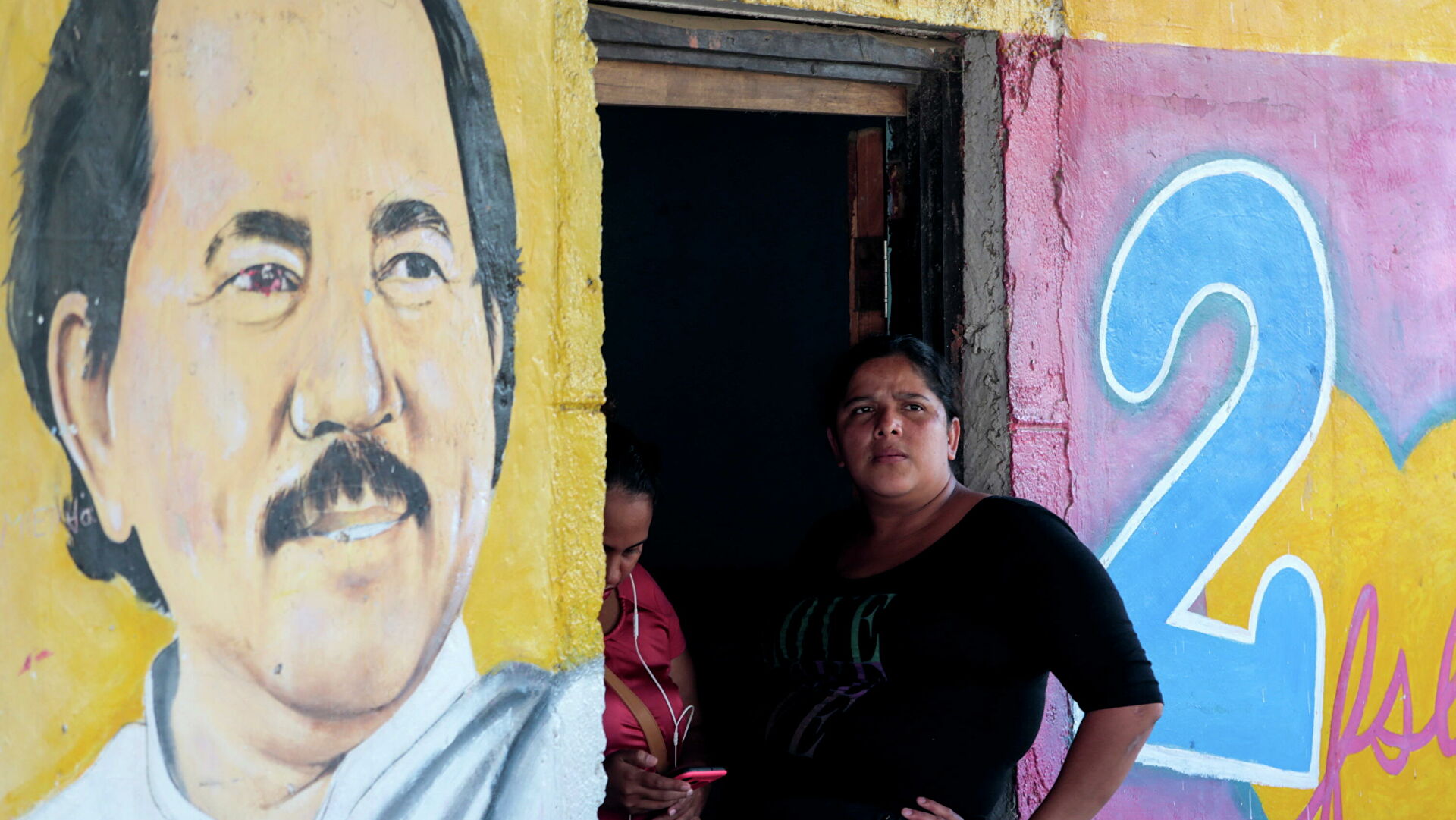
 Following a last-minute deal between Russia and Ukraine to extend the Minsk negotiations into the new year, notable changes are occurring in eastern Ukraine that hint at possible concessions made by both sides. The biggest player left out of the formal negotiations, the United States, will be important to watch because Washington's support for Kiev and pressure on Moscow could stall early indications of progress.
Following a last-minute deal between Russia and Ukraine to extend the Minsk negotiations into the new year, notable changes are occurring in eastern Ukraine that hint at possible concessions made by both sides. The biggest player left out of the formal negotiations, the United States, will be important to watch because Washington's support for Kiev and pressure on Moscow could stall early indications of progress.On Dec. 30, Russia and Ukraine agreed to extend the deadline for implementing the Minsk protocols, which call for a full return of the border between Russia and the separatist territories to Ukrainian control, require Kiev to decentralize power and require elections to take place in eastern Ukraine. The extension was negotiated through the Normandy Four format, which includes France and Germany alongside Ukraine and Russia. Moscow pushed for the extension but Ukraine wavered, disputing the requirement for elections in eastern Ukraine and pointing out the continued cease-fire violations in the region. However, just before the four leaders involved in the talks held their phone call, German Chancellor Angela Merkel made a private call to Ukrainian President Petro Poroshenko that likely led to his concession. In addition, French President Francois Hollande indicated after the four-party call that elections are part of the agreement.
The extension of the deadline appears to have led to notable changes on the battlefield in eastern Ukraine. During the past week, cease-fire violations have decreased significantly. There had been a relative increase in the exchange of fire following the breakdown of the withdrawal process, but over the holidays the number of incidents dropped from more than 50 per day to about a dozen a day.
This relative calm comes as Ukrainian intelligence reported increased movement by Russian Federal Security Service (FSB) agents among separatist units positioned on the line of demarcation. The FSB agents are reportedly purging separatists who are deemed uncontrollable. It has been difficult to determine at times whether escalations in eastern Ukraine were occurring because of orders from Russia or whether separatist leaders were acting of their own accord. Regaining control over the separatist leaders would allow the FSB to ensure that Moscow's intentions are carried out in eastern Ukraine.
Another Russian move in eastern Ukraine could help Moscow take greater control of the situation. Following reports that separatists had taken over the small village of Kominternove, which had been on the Ukrainian-controlled side of the demarcation line, reports emerged that the forces there are regular Russian military forces. Although this action might seem aggressive, having Russian forces positioned forward in proximity to Ukrainian forces also gives Russia more direct control over the level of conflict in eastern Ukraine.
These reports indicate that Russia (and the FSB, which seems to be in control of the Ukraine portfolio again) can dial the eastern Ukrainian conflict up or down depending on the state of negotiations. With the cease-fire being largely observed, Moscow will hold its strategic position until it is assured that Kiev will follow through with its part of the bargain.
But the big player that has been silent on the issue since the extension was agreed upon is the United States. In the weeks before the Normandy Four meeting, the United States deployed Secretary of State John Kerry to Russia negotiate with his counterpart, Sergei Lavrov, and Russian President Vladimir Putin on several issues. Washington was pushing for concessions on Syria, and some positive notes came out of the marathon meetings. However, any major concession from Russia on Syria would come at a steep price: Washington backing off its support for Kiev.
However, it does not appear that the United States is ready to cave to Russia's demands. In fact, Washington seems intent on maintaining economic pressure on Moscow: The United Statesexpanded its sanctions on Russia days before the Normandy Four meeting.
The next thing to watch for is whether the United States adds pressure on Russia by increasing support for Ukraine's positions within the Minsk negotiations. The United States is not formally part of the Normandy Four talks on Minsk, and Moscow would like to keep Washington at a distance for now to improve its chances at using the Europeans to gain concessions from Kiev. However, if Washington supports Kiev's desire to stall the implementation of its part of the Minsk agreements until Moscow fully implements its part, Ukraine could feel emboldened to stand up to European and Russian pressure on the issue. Thus, although 2016 began with hints of compromise, the larger standoff between Ukraine and Russia — and the United States and Russia — is still very fluid.
Geopolitical Diary JANUARY 5, 2016



_jpg/250px-ElbeDay1945_(NARA_ww2-121).jpg)









